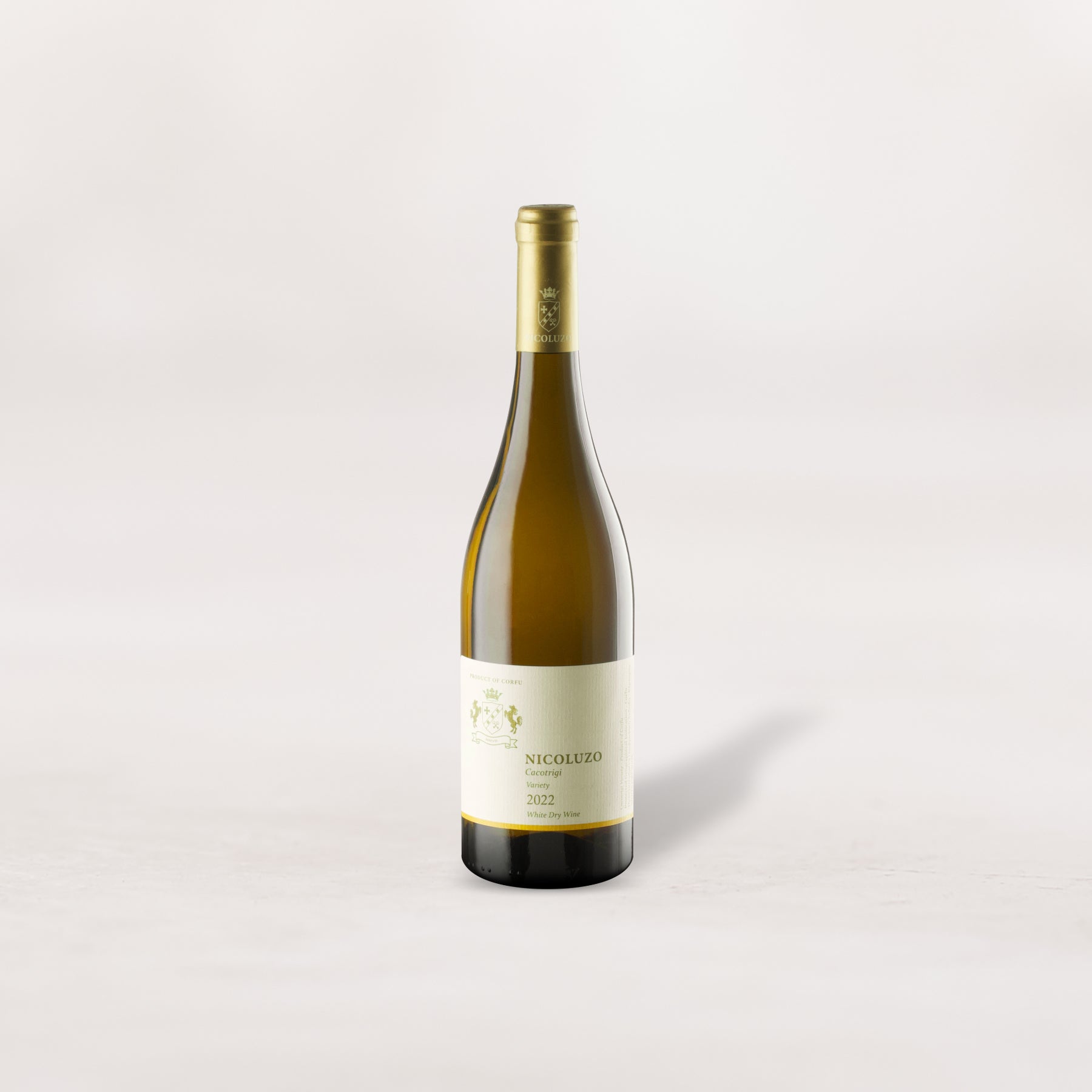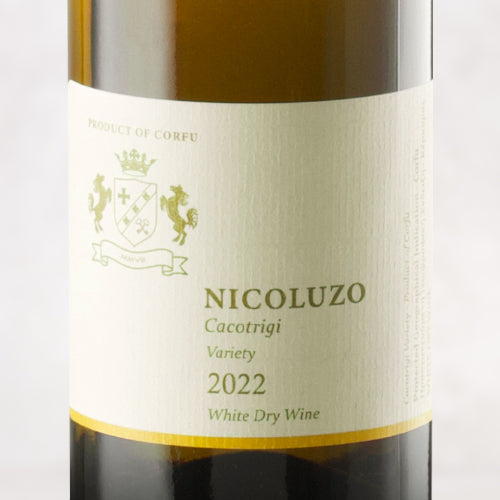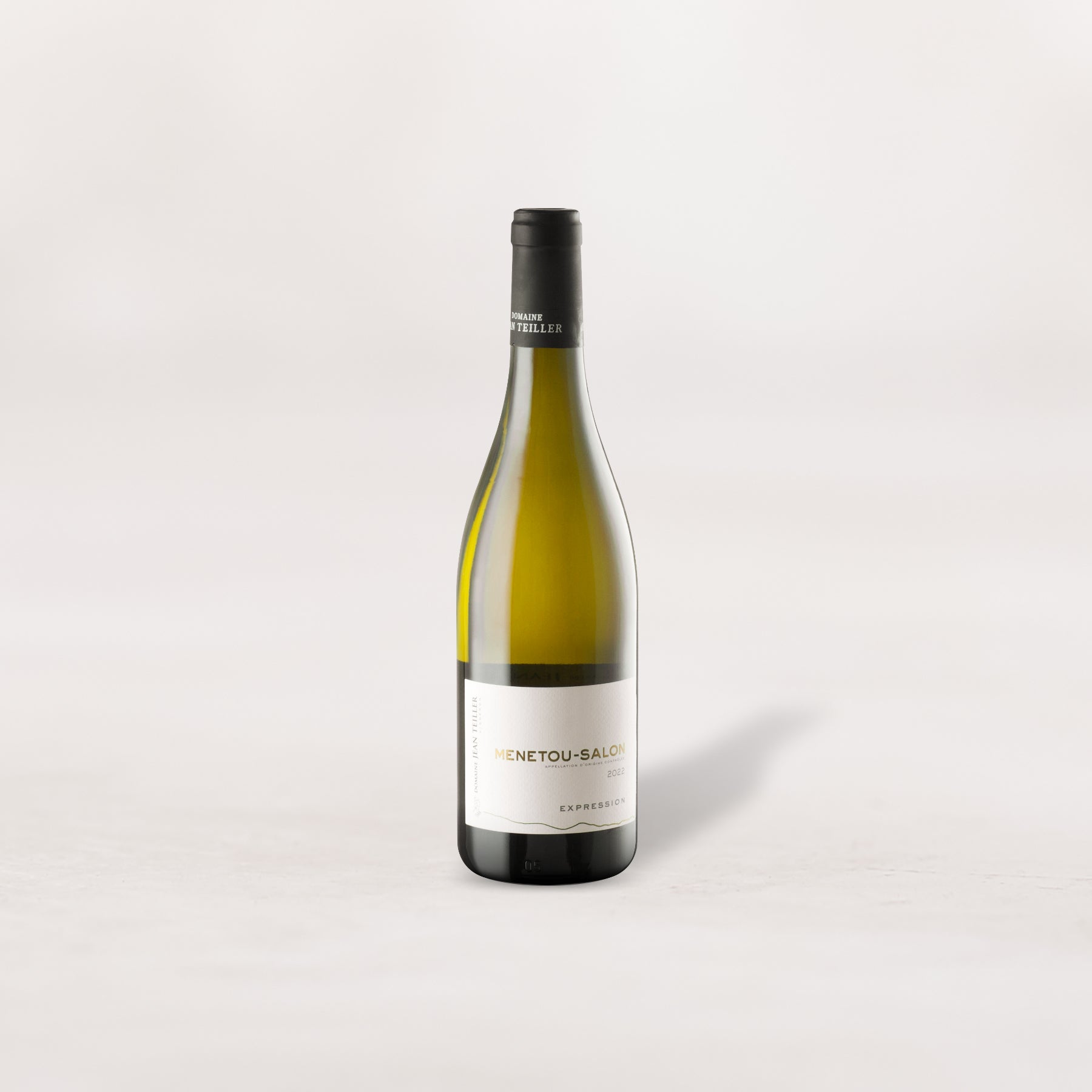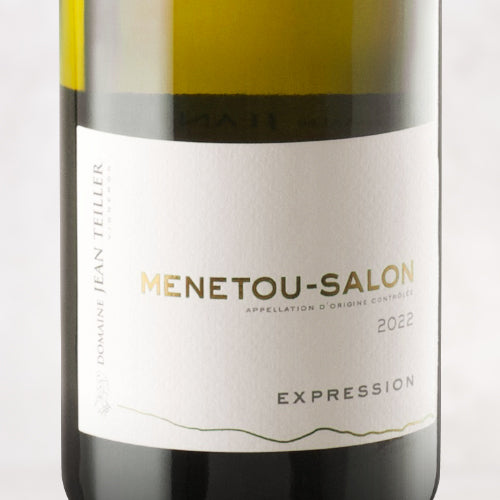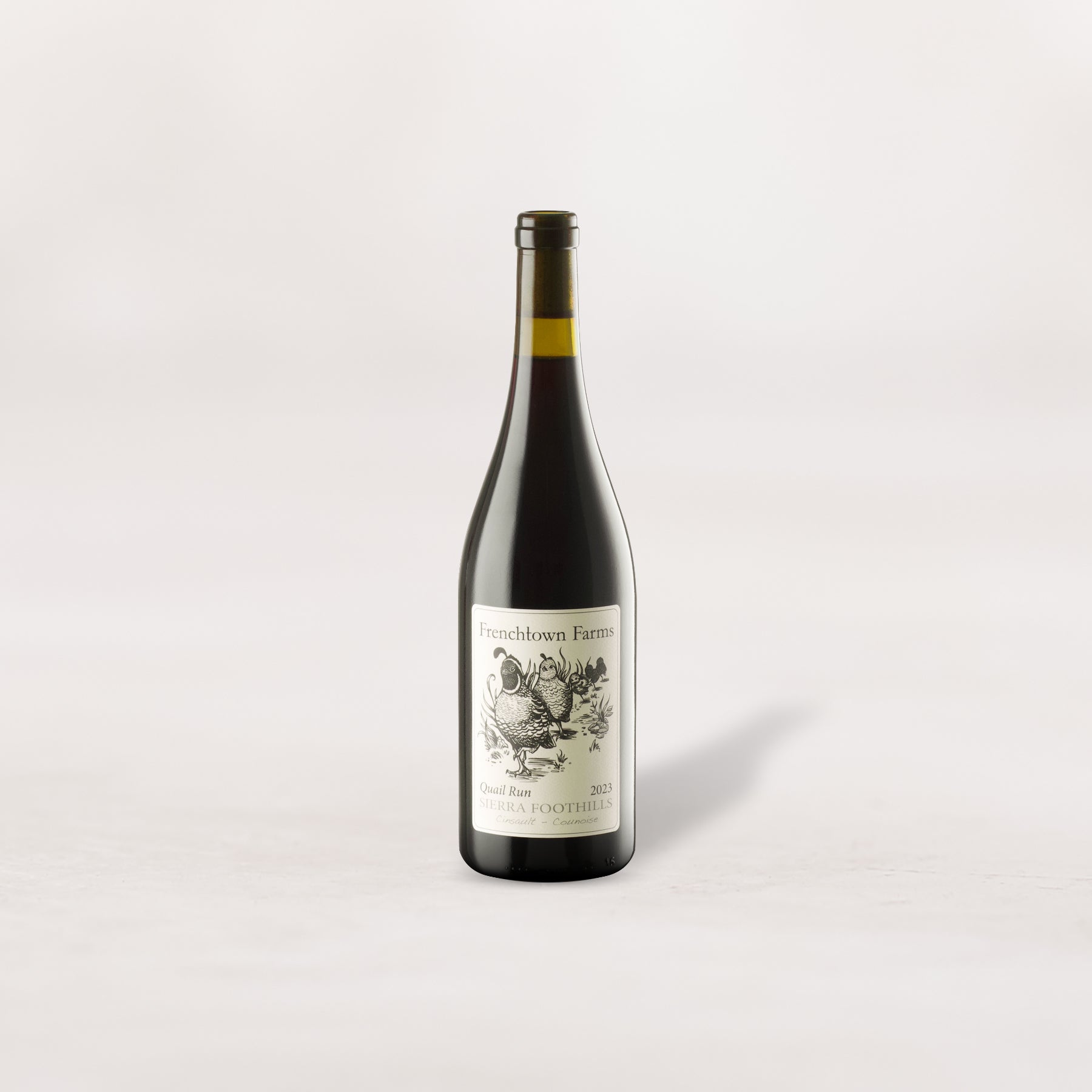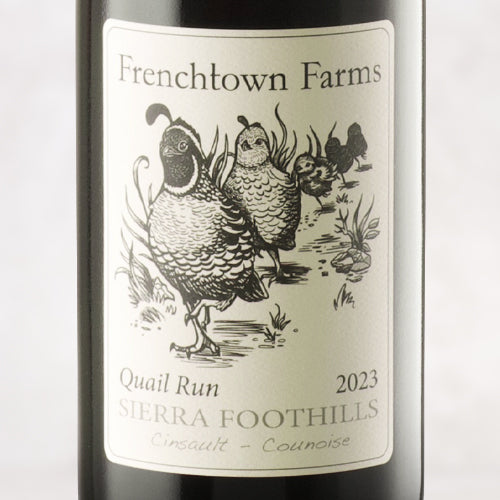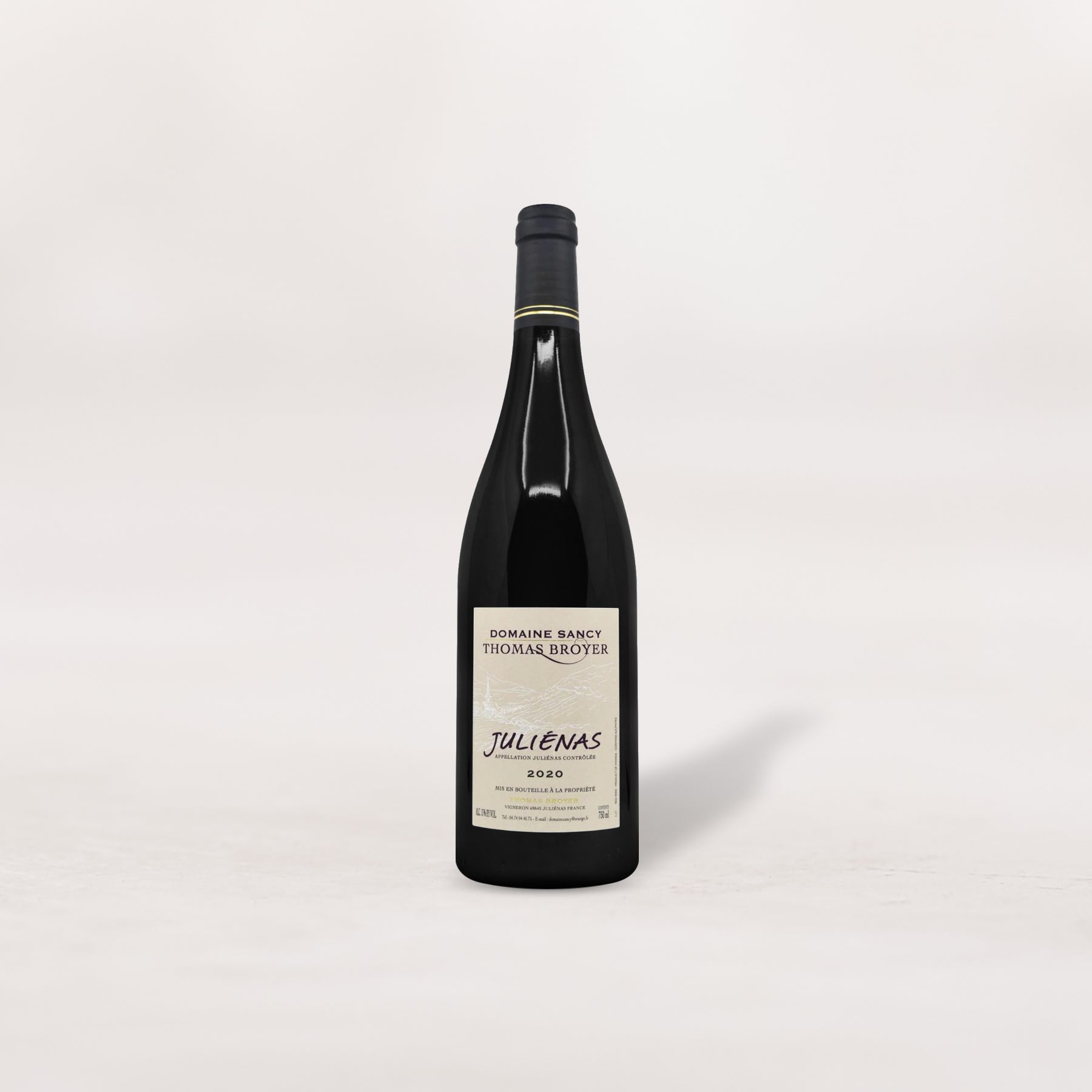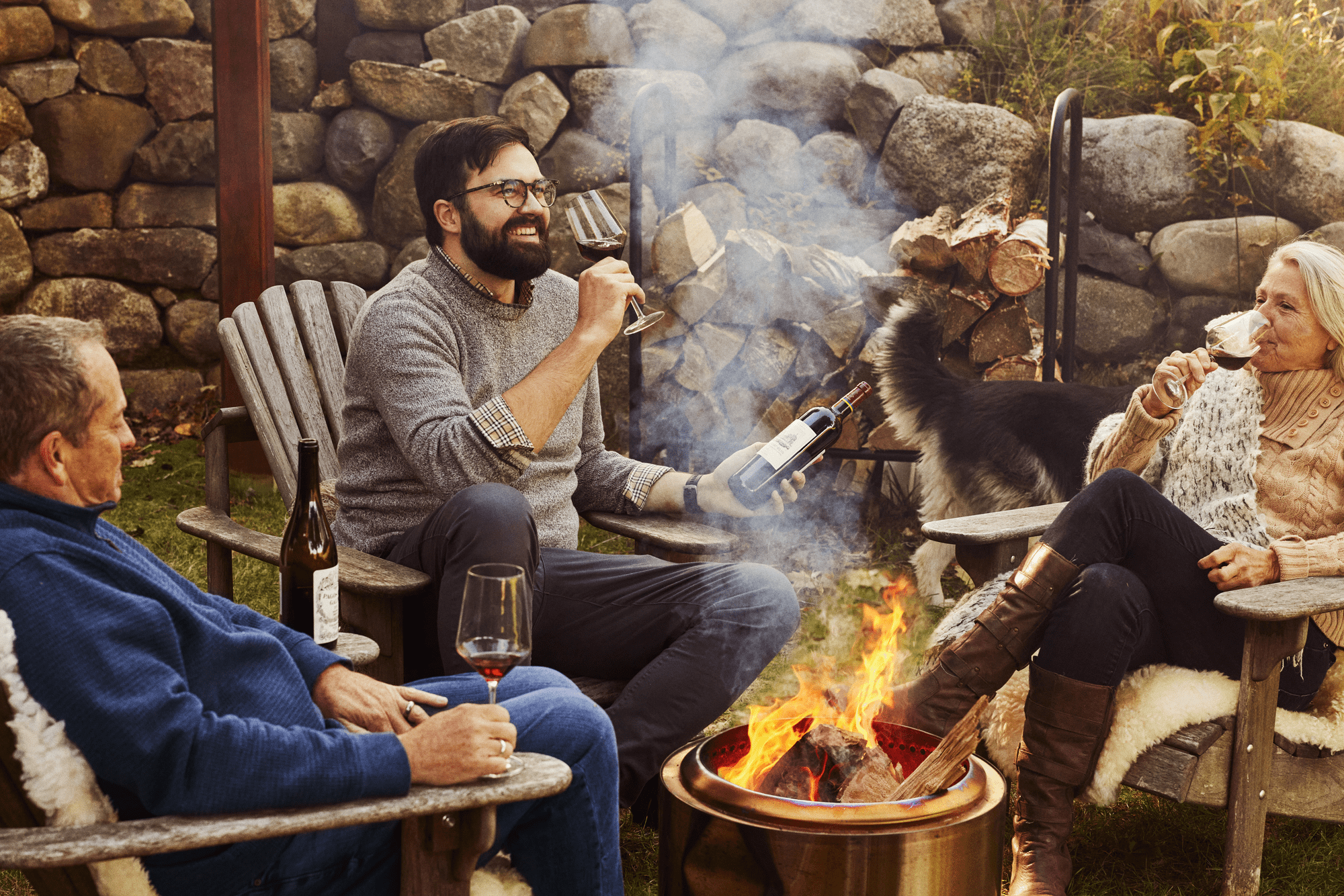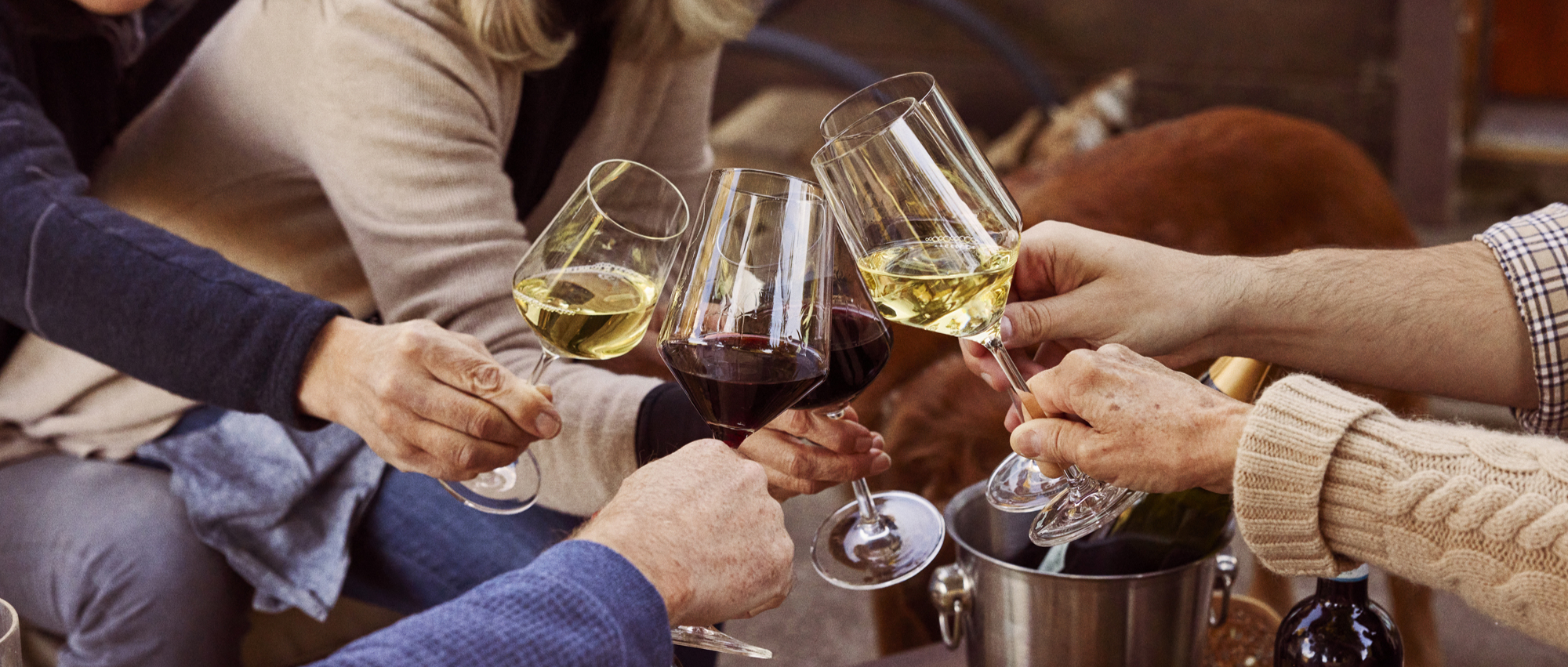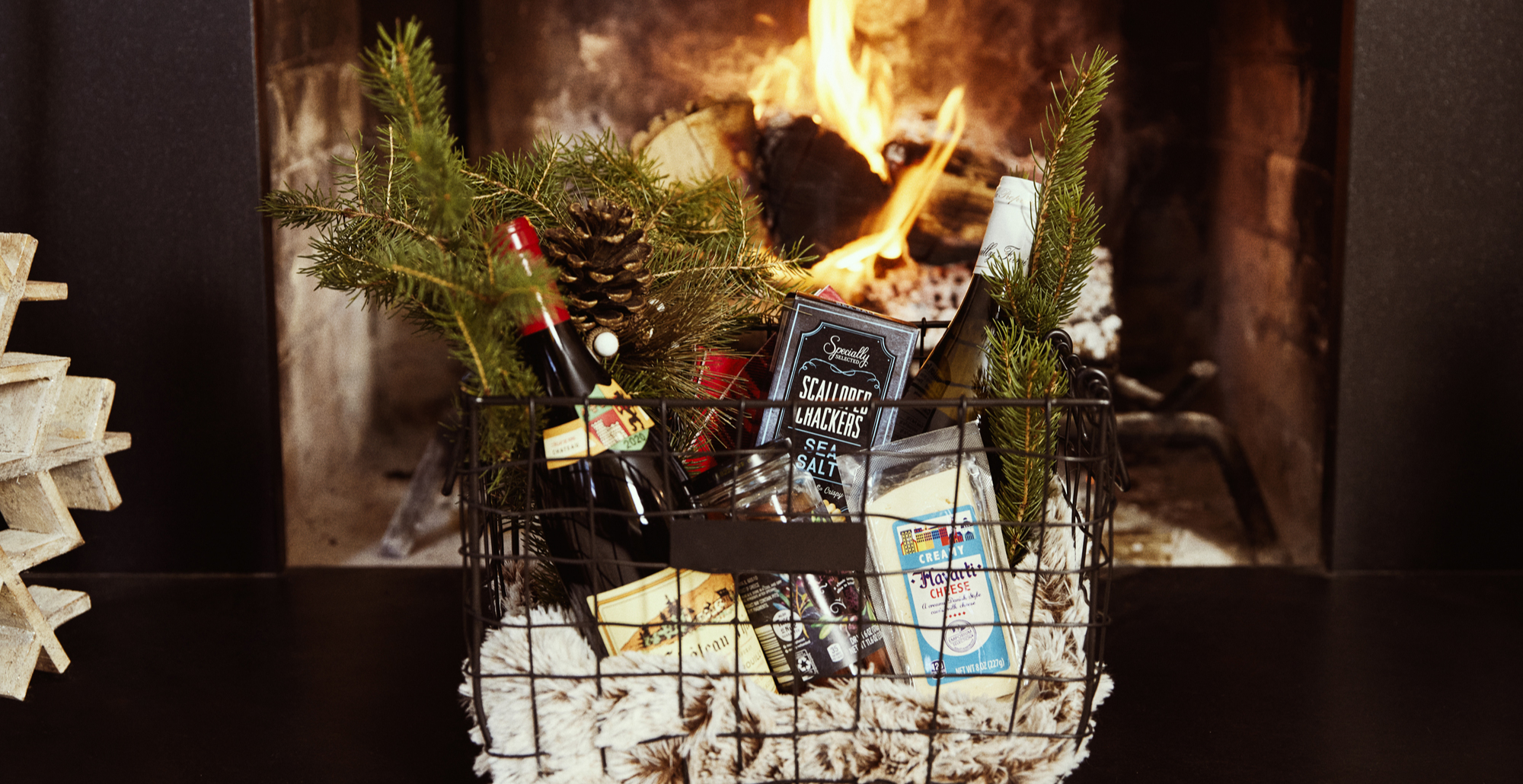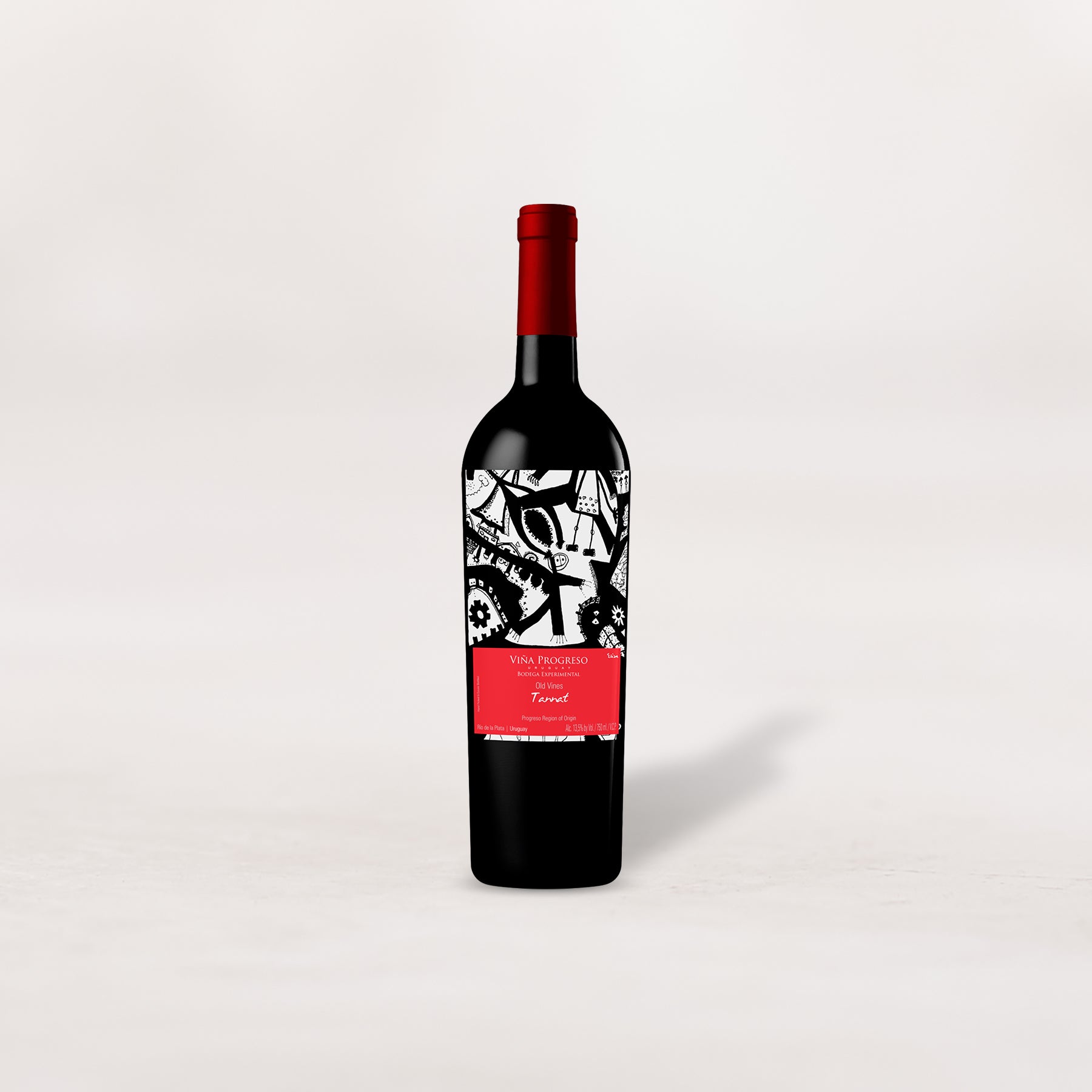If your only frame of reference for the Tannat grape (if you have one at all) is the rustic, often bitingly tannic red wine of Madiran, in South West France, here’s a rounder, more luscious expression from the grape’s main home in the “New World”—Uruguay. Said to have first been brought to South America by Basque immigrants in the 1870s, Tannat has since become the “national grape” of Uruguay, whose wine scene is on the rise thanks to young, well-traveled vintners like Viña Progreso’s Gabriel Pisano. He does a great job managing the sometimes-ferocious tannins of the Tannat variety, without sacrificing its brooding, dark-fruited, deeply earthy allure of Tannat. Lovers of big reds from Bordeaux’s Left Bank, from Mendoza in Argentina, and from Cornas in the Rhône will all appreciate the thunderous bass line of deliciousness on offer here.
Gabriel Pisano is a fourth-generation winemaker who returned to Uruguay to launch his “experimental” winery after assorted internships abroad. His resume includes stints with famed French enologist Michel Rolland (at Clos Apalta in Chile) and David Ramey (Ramey Wine Cellars in Sonoma, CA), and this international experience informs what he’s doing at Viña Progreso—a vineyard and winery with all the most modern appointments and technology.
Pisano’s base of operations is the village of Progreso, which is just north of Uruguay’s capital, Montevideo. This is not far from where the Rio de la Plata empties into the Atlantic Ocean, and the proximity of the vineyards to the cooling influence of the sea (about 25 kilometers) is surely a contributing factor to the freshness and lift in the wine. Pisano describes the soils of Progreso as “calcareous clay,” noting the resemblance to those of Burgundy, France.
The grapes (100% Tannat) come from densely planted, old-vine (10-40 years) plots in the village of Progreso. A series of small-lot fermentations in stainless steel, during which grapes are macerated on their skins for about 20 days, is followed by aging of the finished wine in French oak barrels (about 60% new) for 12-18 months.
This 2018 is one of those beefy, muscular, extracted red wines that also manages to show surprising lift and freshness—like a 300-pound pro football lineman who works on his agility by taking ballet. Aromas of cassis, blueberries, mulberries, and violets mingle with more savory hints of leather, rock dust, and wild herbs. It is full-bodied, but the tannins, while firm, have nowhere near the ferocity of some of the Tannats of southwest France. Decant it 30 minutes before serving at 60 degrees in Bordeaux stems and pair it with roast duck or a traditional Uruguayan asado. Based on this wine, it’s time we all got to know Uruguay a little better!
